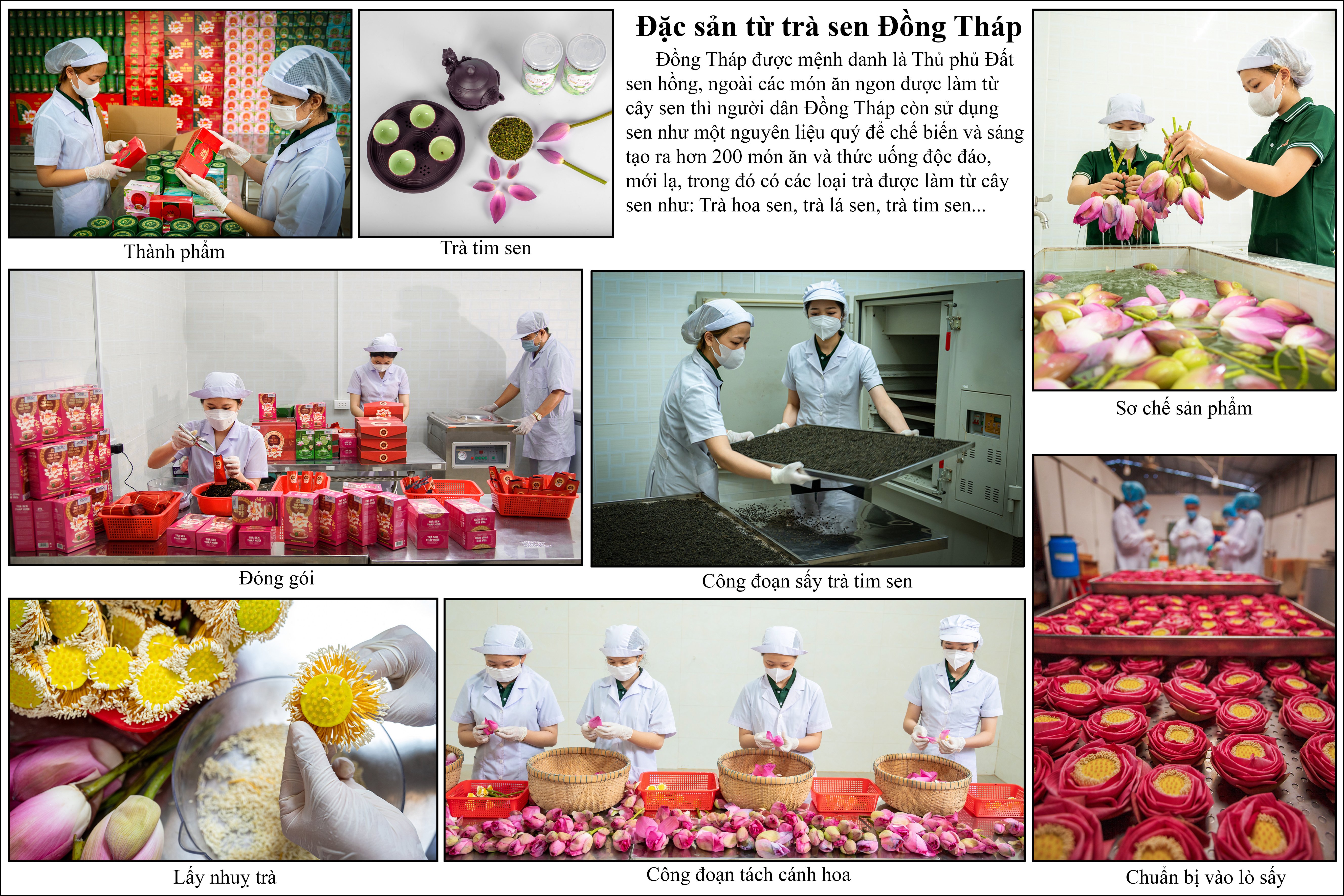GĐXH - Before puberty, children must be equipped with some essential life skills to start their teenage years smoothly.
According to psychologists, when a child is between 9 and 13 years old, it is the stage where parents should shift from parenting to allowing their children to grow and become independent. To make this transition go smoothly, parents should help their children acquire some essential life skills before they turn 13.
1. Make money and manage money

By the age of 13, children will be able to save money from their weekly allowance and be aware of basic household expenses. Illustration photo
You can teach your children some basic financial skills as soon as they learn to count.
By age 13, children should be able to save money from their weekly allowance, be aware of basic household expenses, understand the difference between a debit and credit card and be able to make decisions about spending and saving.
2. Resolve disagreements amicably
Conflicts between children happen all the time, even between close friends. So it is important to prepare your child for conflict and know how to handle it.
Teach your child to identify the source of conflict and then come up with peaceful solutions. Children often look to their parents for guidance and behavior, so you must set an example.
3. Do basic housework

Some psychologists say that children can do a lot of housework from a young age. Illustration photo
Some psychologists say that children can do a lot of housework from a young age, such as clearing the table after dinner or putting clothes in the washing machine.
By age 13, children should be able to iron clothes, take clothes out of the washing machine, change the bed sheets, wash the car, clean the bathroom and tidy the kitchen.
Parents should be patient and make specific requests, while not forgetting to encourage children to maintain the habit of doing housework.
4. Prepare meals
Cooking is an important skill that your child will need when they become an adult. So, when your child is 9 or 10 years old, you can teach them to cook simple dishes such as boiling vegetables or frying eggs.
By age 13, children should be able to plan family meals, follow a simple recipe and be familiar with kitchen equipment. Don't forget to teach your child about basic hygiene and safety.
5. Responsibility and care
Responsibility is a broad term that includes putting away toys, helping around the house, and caring for pets. Try to gradually train your child to do things because they need to, not because you tell them to.
Knowing how to take responsibility is the key to children's success in school and life.
6. Go shopping for cooking supplies

Teach your kids how to read nutrition labels and how to find and choose items at good, reasonable prices. Illustration photo
Taking your child grocery shopping with you will help them develop essential skills like planning a family dinner, writing a shopping list and balancing a budget.
Teach your child how to read nutrition labels and how to shop for good, affordable items. Don't forget to set limits.
A study by the University of Kansas (USA) showed that 50% of young children who followed their parents grocery shopping asked to buy something and only 50% of parents tried to refuse that request.
7. Personal hygiene
Many parents assume that children aged 10 or 11 will naturally take care of themselves.
However, many children still do not know this, so parents need to teach their children the importance of bathing daily, using deodorant, changing clothes, shaving, brushing their teeth and understanding their own bodies.
8. Time management

Try giving your child some tools that can help them manage their time better, like a phone ringer or special calendar apps. Illustration photo
Time management skills are extremely important: children should learn how to plan, prioritize and work efficiently.
Try giving your child some tools that can help them manage their time better, like a phone alarm or special calendar apps.
Remember that deciding what to do and when to do it becomes much easier when you write them down.
Give your child the gift of a watch, help them control distractions, lack of concentration and always set a good example for them.
9. Sociable
Teaching children how to get along and play with friends will help them be able to work well in groups when they grow up.
Learning to play and work in teams will also teach your child many social skills such as respect, compromise, tolerance, patience, communication and empathy.
Having teamwork skills will develop your child's confidence, trust in others, and build a better future.
10. Social skills and manners
It is important to teach children manners as early as possible. Encourage them to share, be polite and respect elders.
Getting into the habit of following proper etiquette will support your child as they become teenagers, helping them succeed in their careers.
Source: https://giadinh.suckhoedoisong.vn/10-ky-nang-thiet-yeu-dua-tre-nao-cung-can-phai-duoc-day-do-truoc-khi-buoc-vao-tuoi-13-172241101155838788.htm






































































































Comment (0)